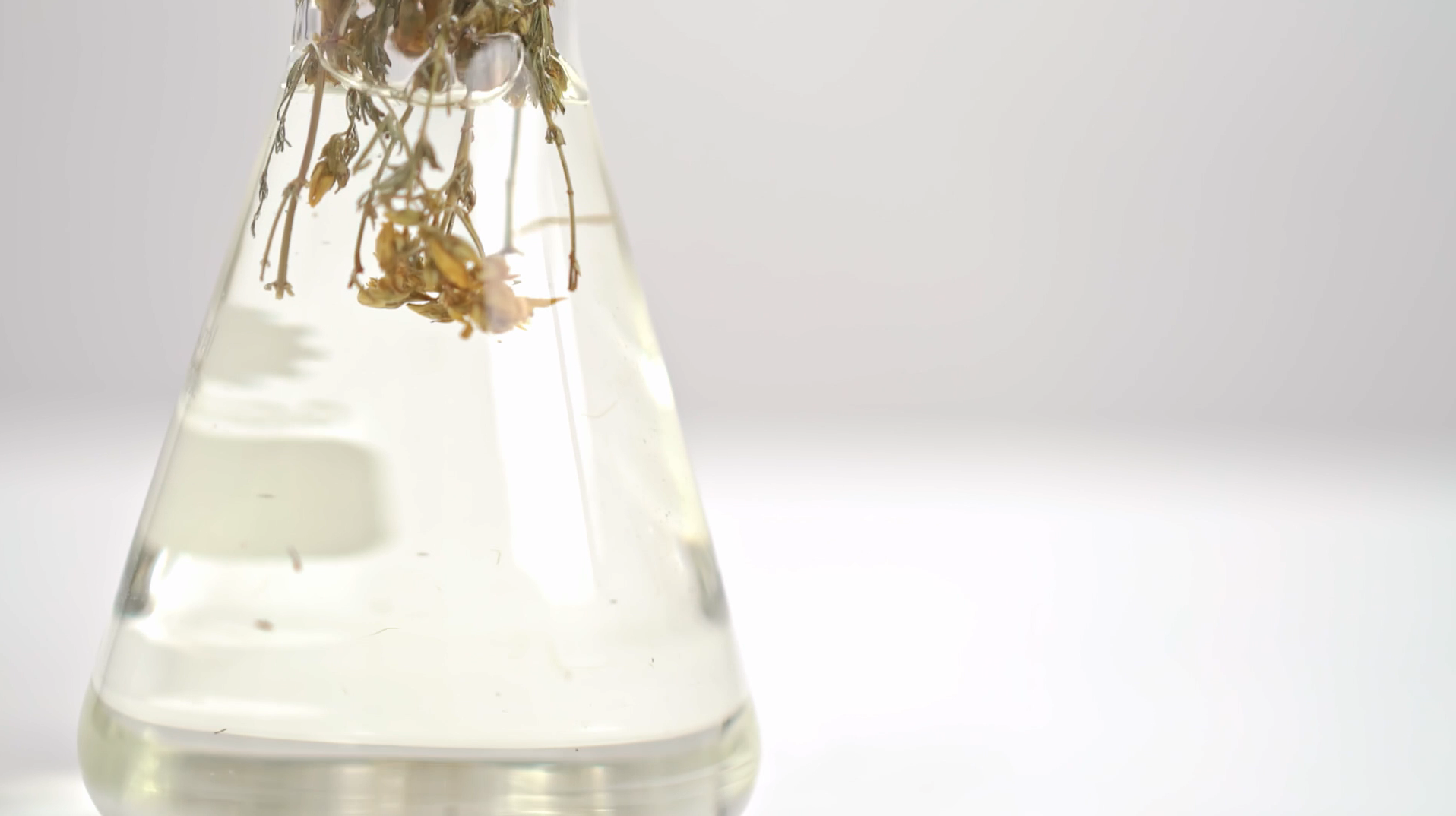Your cart is currently empty!
When it comes to skincare, most people focus on the external aspects such as cleansing, moisturizing, and protecting their skin from the sun. However, the health of your skin is also deeply connected to your gut health. In this blog post, we’ll explore the relationship between gut health and skin health, and why taking care of your gut should be a top priority in your skincare routine.
What is Gut Health?
Gut health refers to the balance of good and bad bacteria in your gut, and the overall functioning of your digestive system. A healthy gut is essential for overall health, as it helps with digestion, supports the immune system, and produces neurotransmitters that regulate mood and energy levels.
The Link Between Gut Health and Skin Health
Your gut and skin are connected by the gut-skin axis, which means that the state of your gut can have a direct impact on the health of your skin. When your gut is healthy, your skin is more likely to be healthy and radiant. On the other hand, an unhealthy gut can lead to skin problems such as acne, eczema, and wrinkles.
One of the ways that gut health affects skin health is by influencing the levels of inflammation in the body. Inflammation can cause damage to the skin and lead to a variety of skin problems. A healthy gut helps to reduce inflammation and protect the skin.
Another way that gut health affects skin health is by influencing the production of collagen, which is a protein that gives skin its elasticity and helps to prevent wrinkles. A healthy gut helps to produce more collagen, which can lead to firmer, smoother, and more youthful-looking skin.
How to Improve Gut Health
There are several steps you can take to improve your gut health and, in turn, the health of your skin:
Eat a balanced diet: A diet that is rich in fiber, fermented foods, and probiotics can help to improve gut health and maintain a healthy balance of bacteria in the gut.
Reduce stress: Stress can have a negative impact on gut health, so it’s important to find ways to manage stress, such as exercise, meditation, or yoga.
Get enough sleep: Sleep is essential for overall health, and it also helps to regulate the balance of bacteria in the gut. Aim to get 7-8 hours of sleep each night.
Avoid processed foods: Processed foods are often high in sugar, unhealthy fats, and artificial ingredients, which can disrupt the balance of bacteria in the gut.
Incorporate gut-friendly ingredients into your skincare routine: Look for skincare products that contain ingredients that support gut health, such as probiotics, fermented ingredients, and prebiotics.
In conclusion,
gut health is a crucial factor in skin care and should not be overlooked. By taking steps to improve your gut health, you can support the health of your skin and achieve a radiant complexion. Incorporating gut-friendly habits and ingredients into your skincare routine can help to reduce inflammation, improve collagen production, and promote a healthy balance of bacteria in the gut. Give it a try and see the difference for yourself!






